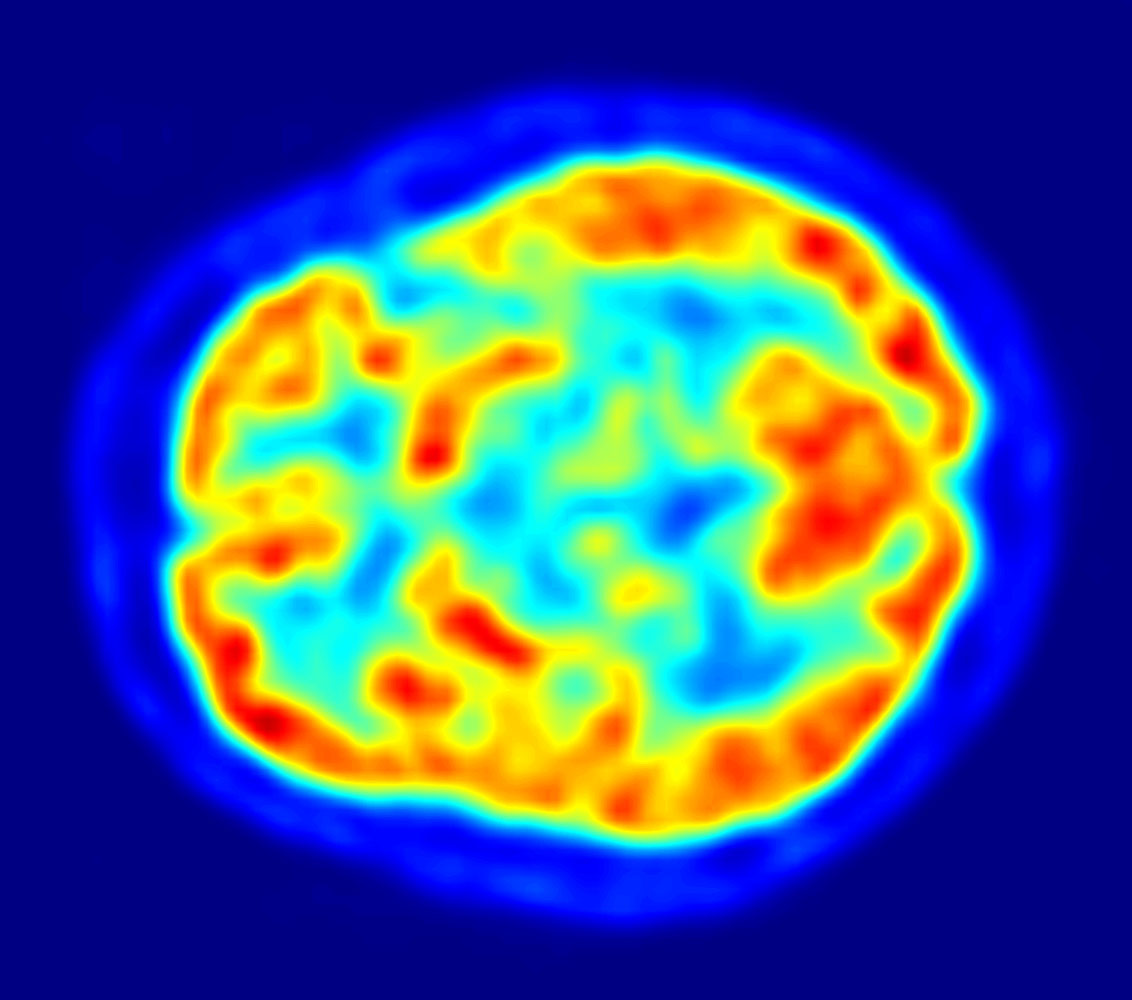Of the many interesting questions presented by psychology, the idea of the brain vs. the mind has some of the greatest impacts. The idea's been around for a long time: both Sigmund Freud and Emil Kraepelin proposed a difference between the mind and the brain, along with ways to study it. Even before that, Greek philosophers pointed out the problem of the relationship between the mind and the body.
The dualism basically states that, while the brain and the mind are clearly connected, the two are separate entities. The brain is easy to define. It is the physical bundle of neurons inside a person's head. It is capable of sending chemical signals to the rest of the body, allowing for movement and other functions. Even the simplest animals have some sort of brain. The mind, however, is not as easily explained. It is usually conceptualized as the consciousness, the "I" of a person. It is not something present, as far as we know, in any other species. There appears to be a connection between the two: for instance, if a person sustains brain damage from a disease or an injury, their mind also changes. They may have a different personality, lose memory, experience different emotions. But, research has not yet show exactly how the two are connected.
The impacts of this question are huge, however. It is a scientific, religious, philosophical, and practical question. It leads to questions such as these: If the mind/consciousness/soul is separate from the physical brain, then can it persist after death? If it is not separate, then is there even such a thing as a soul? Among the scientific community, there isn't really a consensus. According to a study by the University of Edinburgh and the University of Liege, over 1/3 of medical professionals regarded the mind and brain as separate entities. Despite this, however, in the same study a majority thought the mind and brain were not separable. Thus, there are really only questions at this point, rather than answers.
As David Tresan puts it, "In light of the prevailing scientific bias toward reductionism, how then are we to think about the relationship between mind and brain without on one hand simply reducing the former to the latter or without on the other invoking dualism and thereby abandoning altogether the quest for any such relationship?" In other words, how can we think about the mind and the brain as separate, yet connected? Only further advances in neuroscience and psychology will tell.
Sources: Mind-Body Problem: New Approaches
Articles below found through PubMed
"150 years of Freud-Kraepelin Dualism", Katharina Trede
"Dualism Persists in the Science of Mind", Athena Demertzi et al.
"Jungian metaphychology and neurobiological theory", David I. Tresan (full article found through EBSCO)
Subscribe to:
Post Comments (Atom)







